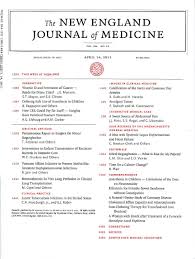
During previous public health emergencies, the issue of whether public health agencies should recommend that women avoid becoming pregnant because of potential risks to themselves and their newborns has been controversial. The ongoing Covid-19 pandemic has again led to questions regarding whether women should consider postponing pregnancy because of potential virus-related risks. Such discussions involve important ethical considerations.
The issue of pregnancy avoidance emerged early in the HIV epidemic, after the recognition that perinatal transmission occurred in a quarter of pregnancies among women with HIV and that both perinatally infected children and their mothers had poor outcomes. Some public health and professional organizations, including the Centers for Disease Control and Prevention (CDC), initially recommended that women with HIV postpone becoming pregnant until more was known. This recommendation raised a number of ethical concerns, including concern about the potential for moral censure of women, coercive policies, constraints on reproductive autonomy, and discrimination. In 1996, a multidisciplinary working group on HIV and reproduction recommended a policy of “contextualized counseling” that wouldn’t rule out a thoughtful decision to proceed with plans for pregnancy while acknowledging the known risks of untreated HIV for women and their offspring.
